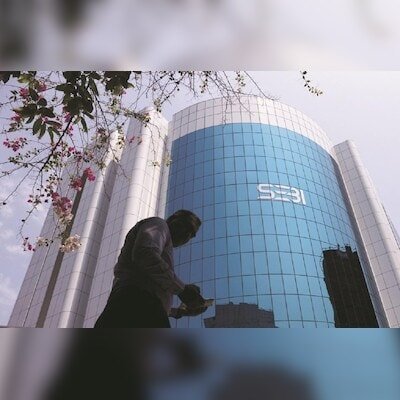Further reducing the minimum investment for mutual funds, faster processing of rights issues, and fostering further innovations are key areas of work charted for this financial year, Sebi’s annual report for the financial year 2023-24, made public on Friday, states.
“To promote low-ticket systematic investment plans (SIPs) and also to ensure their viability, Sebi and Amfi are in consultation with industry stakeholders to reduce the overall cost associated with the product to aid financial inclusion,” said Sebi in the report.
The market regulator has also formed an advisory committee to focus on capital formation through real estate investment trusts (REITs) and infrastructure investment trusts (InvITs), along with municipal bonds.
Sebi said it will also be reviewing the existing rights issue framework to rationalise the disclosure requirements and reduce the timeline for the same.
The market regulator is also working on a Data Benchmarking Institution (DBI) to provide a central repository of standardised and comparable data related to various asset classes to help investors analyse.
Among other key areas of work are easing regulations and compliance burden, better corporate governance, steps to deepen the corporate bond market, and a framework to deal with malpractices by people using new-age technology to evade laws.
“We cannot predict how macro and micro variables will impact investment behaviour, investment avenues, or portfolio companies. However, what we can do, and we are committed to doing, is this – to help the securities market and its numerous engines to be future-ready – to help the markets be agile and capable of dealing with changes in the future, whatever those changes may be,” said Sebi chairperson Madhabi Puri Buch.
Difficult to recover dues
Sebi is facing difficulty in recovering dues to the tune of Rs 76,293 crore as of March 2024, up 4 per cent from the previous year.
As per the data shared in Sebi’s annual report 2023-24, out of 3,871 recovery certificates issued by the regulator in various cases, 807 have been certified as difficult to recover. Of this, nearly 78 per cent is due to cases pending before court-appointed committees.
Further, the number of pending appeals in the Securities Appellate Tribunal (SAT) rose from 749 to 849 at the end of FY24, though the number of new appeals filed fell. The pending cases in the Supreme Court related to Sebi or SAT have grown from 440 in FY23 to 519 in FY24, while those in High Courts stand at 1,162 cases. Overall, there are over 4,000 cases pending before various forums.
First Published: Aug 09 2024 | 7:32 PM IST

